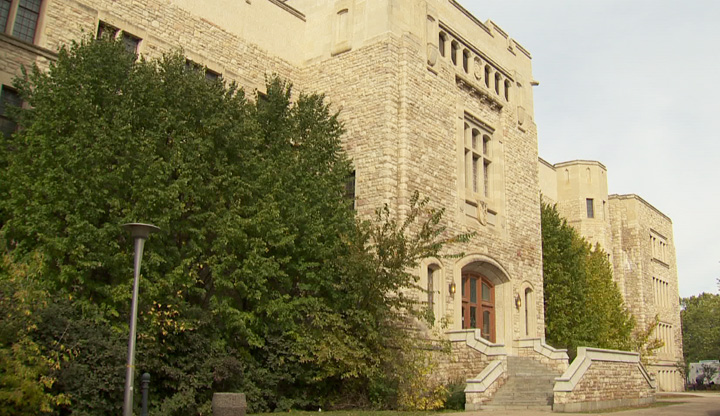SASKATOON – The University of Saskatchewan says it has taken a “significant step” toward solving accreditation problems at the College of Medicine – but at a cost. Officials say a letter of understanding has been signed between the university and the faculty association offering incentives to faculty to engage in individual contracts for clinical and academic work.

It would allow approximately 125 in-scope physicians a time-limited voluntary package ranging from $350,000 to $450,000 – depending on years of service – with changes expected to be in place by June 2016. The cost is estimated at $20-25 million based on 50 doctors opting for the package.
Officials say the move will help clear the path towards accreditation for the province’s only medical school.

Get breaking National news
“This is a major step forward in the transformation of the college and realizing our ultimate goal—a one faculty model that recognizes physicians equally for their academic work and clinical service,” said Dr. Preston Smith, dean of the College of Medicine.
“This will allow us to increase the number of physician educators and researchers in Saskatchewan and brings us in line with the top medical schools in Canada.”
READ MORE: U of S school of public health meets international standard
Smith said the change will help address the issue of some faculty physicians who are unable to find time for their teaching and research obligations due to clinical workloads.
“We are offering attractive and flexible options that allow each person to work with the college and the health regions in the way that best fits his or her individual career interests,” said Smith.
One of those options, Smith said, is the new provincial academic clinical funding plan, which addresses the accreditors’ concerns related to accountability for teaching and research.
Smith said that will allow doctors with academic ambitions to pursue work in the province without sacrificing potential incomes.
Funding for the agreement is expected to come from resources that have been set aside for the transformation of the College of Medicine.


Comments